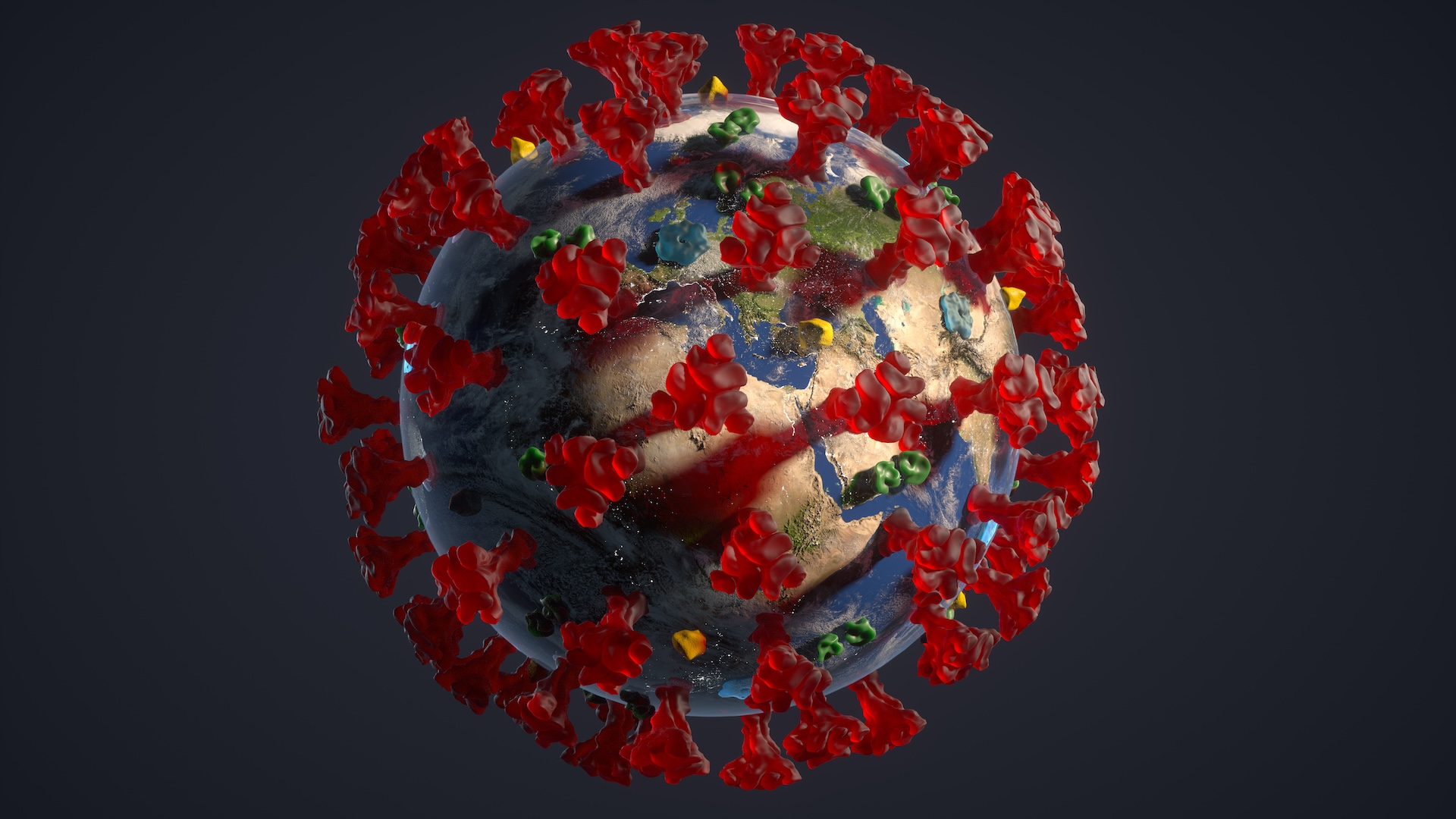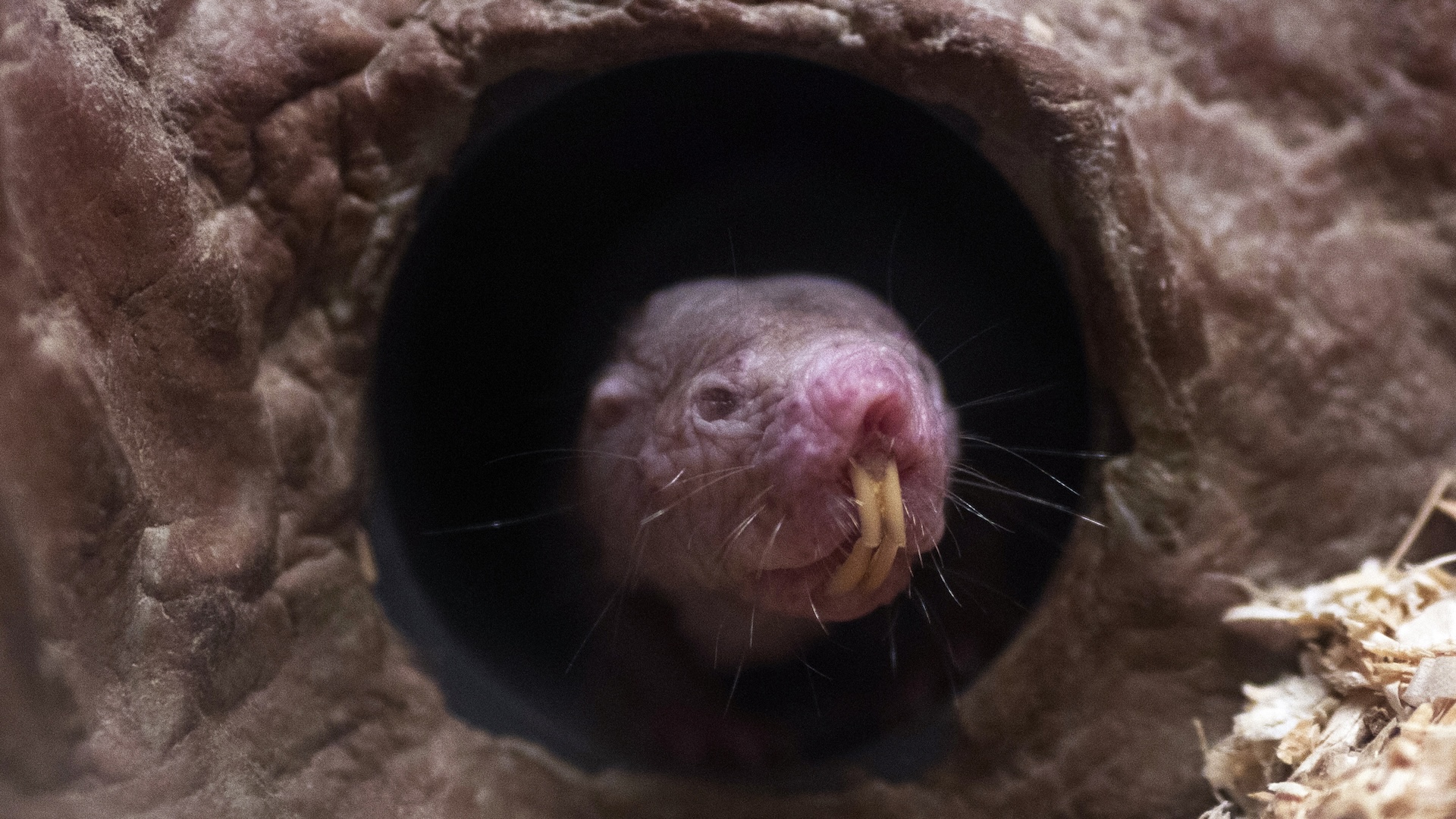Pandemic
Latest about Pandemic

'These decisions were completely reckless': Funding cuts to mRNA vaccines will make America more vulnerable to pandemics
By Nicoletta Lanese published
Interview mRNA expert Jeff Coller spoke with Live Science about the future of mRNA vaccines in the United States in the aftermath of huge federal funding cuts.
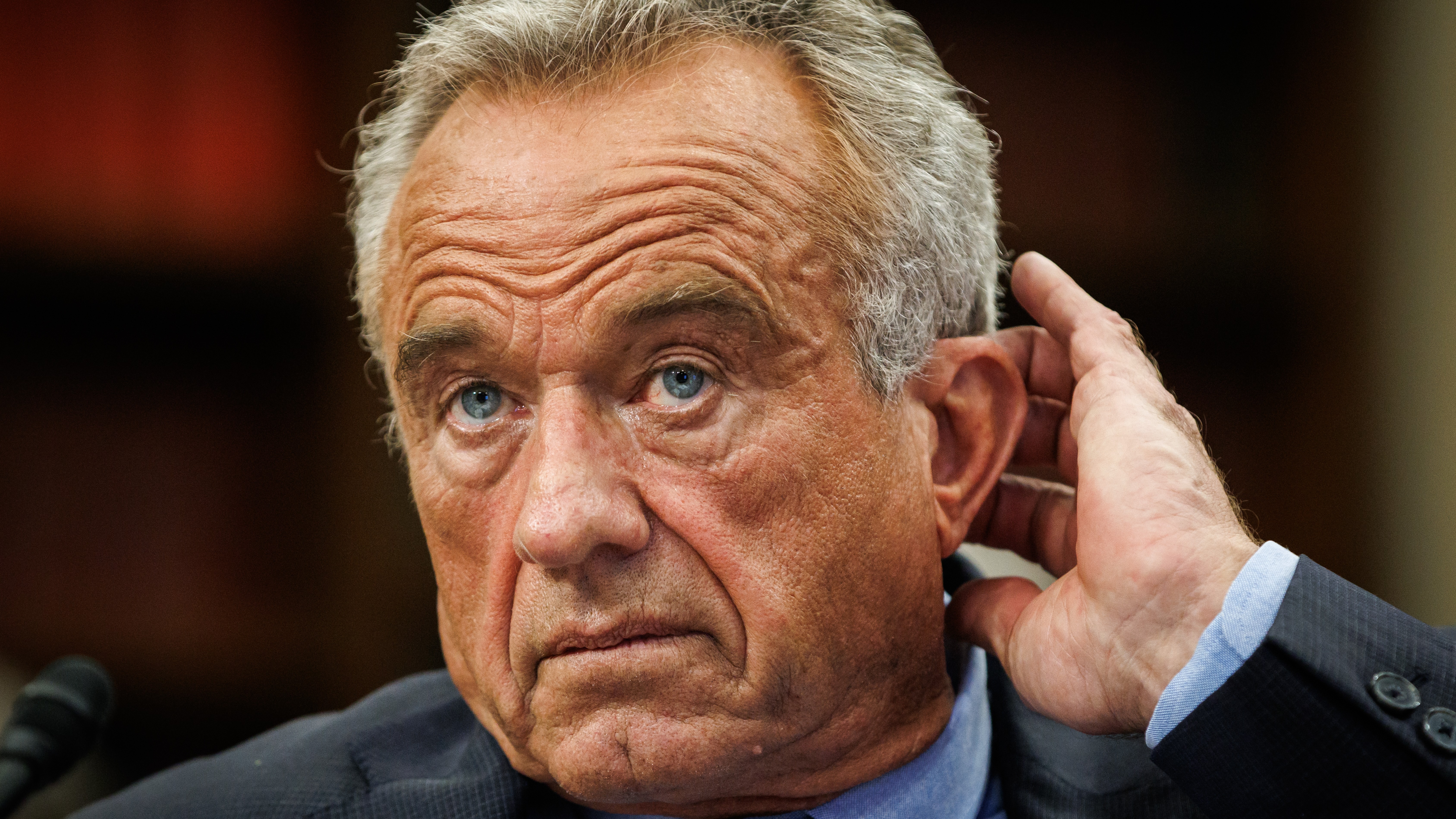
RFK's proposal to let bird flu spread through poultry could set us up for a pandemic, experts warn
By Ben Turner published
HHS Secretary Robert F. Kennedy Jr. and Secretary of Agriculture Brooke Rollins have expressed interest in letting H5N1 outbreaks spread unchecked through U.S. poultry farms. Health experts warn it could lead to a new pandemic.

The WHO penned the world's first pandemic agreement — but the US isn't signing
By Nicole Hassoun published
Opinion The U.S. withdrew from treaty negotiations on President Trump's first day in office.
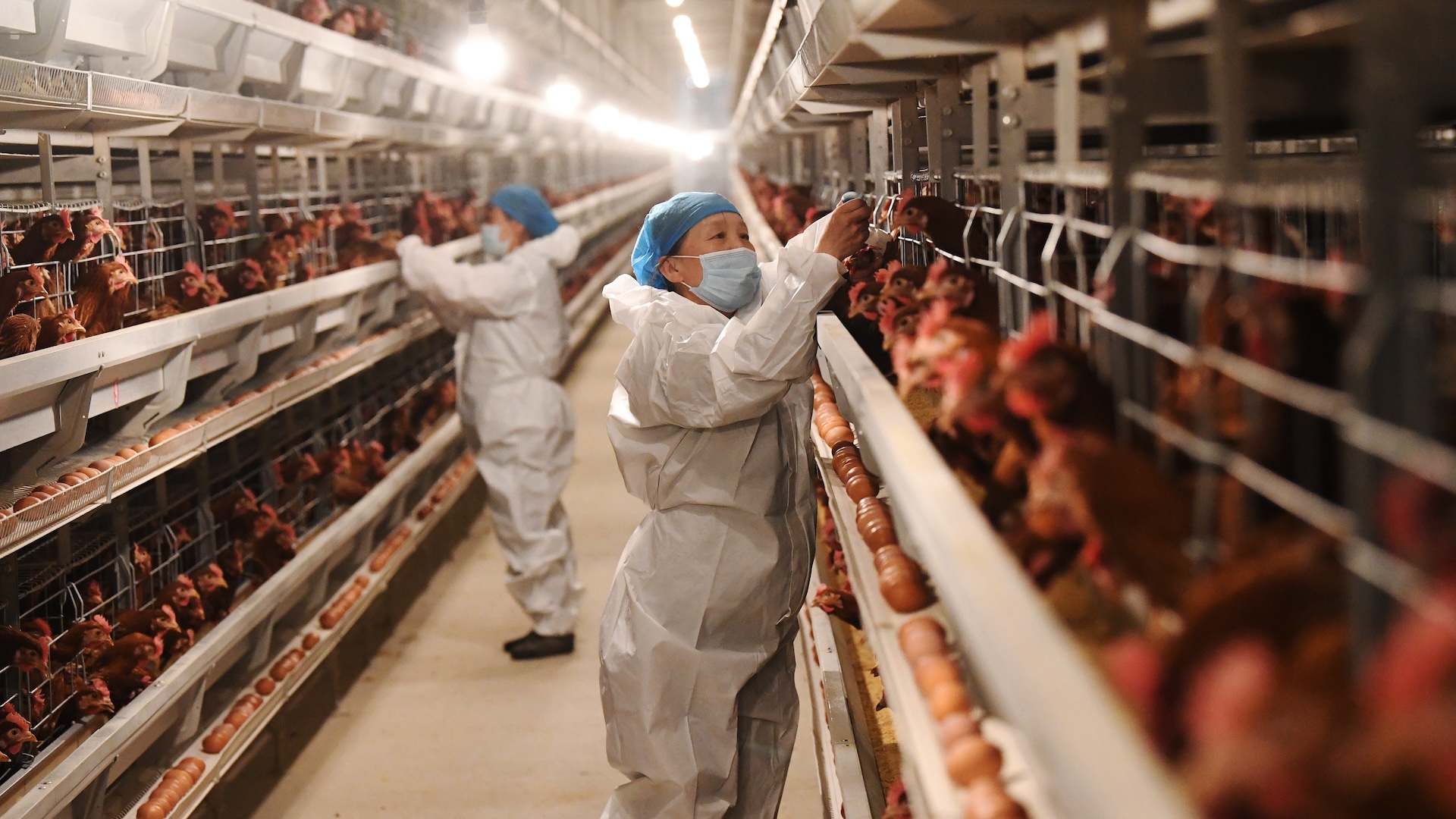
Bird flu could soon evolve to spread between humans. Here's how to slow its progress.
By Ron Barrett published
At the viral chatter stage of an outbreak, pathogens are just starting to infect people in sporadic bursts. It's a sign that a pandemic may be on the horizon.

'It is a dangerous strategy, and one for which we all may pay dearly': Dismantling USAID leaves the US more exposed to pandemics than ever
By Chris Beyrer published
Opinion The foreign aid program has been one of the country's best defenses against emerging infectious diseases. Without it, we are more vulnerable to a pandemic than ever.
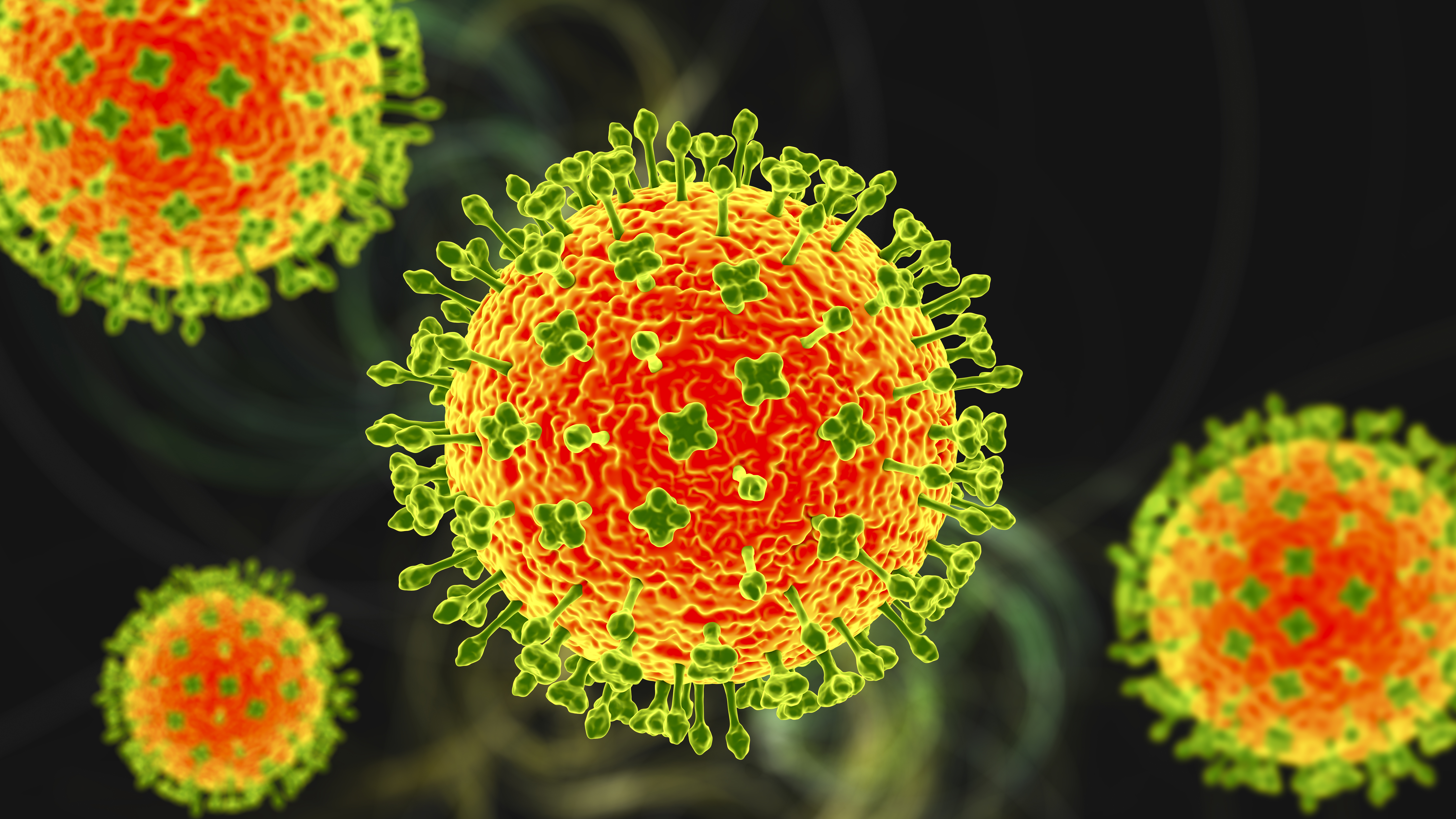
New 'Camp Hill' virus discovered in Alabama is relative of deadly Nipah — the 1st of its kind in the US
By Emily Cooke published
A new virus related to the deadly Nipah and Hendra viruses has been detected in shrews in the U.S. However, scientists say there is currently "no evidence" that it has infected humans and the risk of it doing so is "likely low."

US reports 1st outbreak of 'highly pathogenic' H5N9 virus in poultry. Should we worry?
By Emily Cooke published
Nearly 119,000 birds have been culled at a farm in California after a bird flu called H5N9 was detected among the poultry.

A disease unknown to science could spark the next pandemic. Are we prepared?
By Allen Cheng published
The COVID pandemic is ongoing, but scientists are on alert for any pathogen that might lead to another global outbreak of disease.
Get the world’s most fascinating discoveries delivered straight to your inbox.
